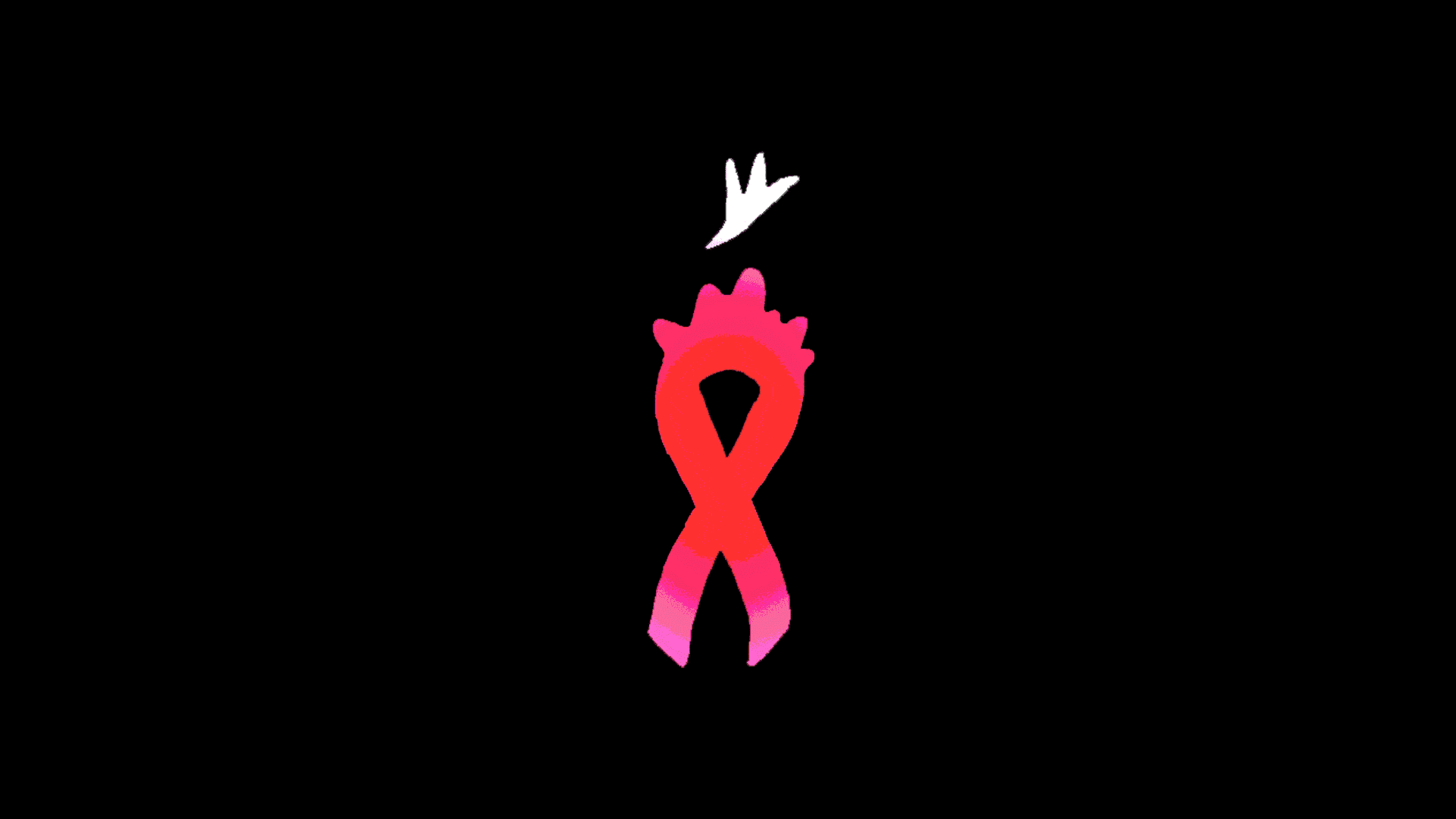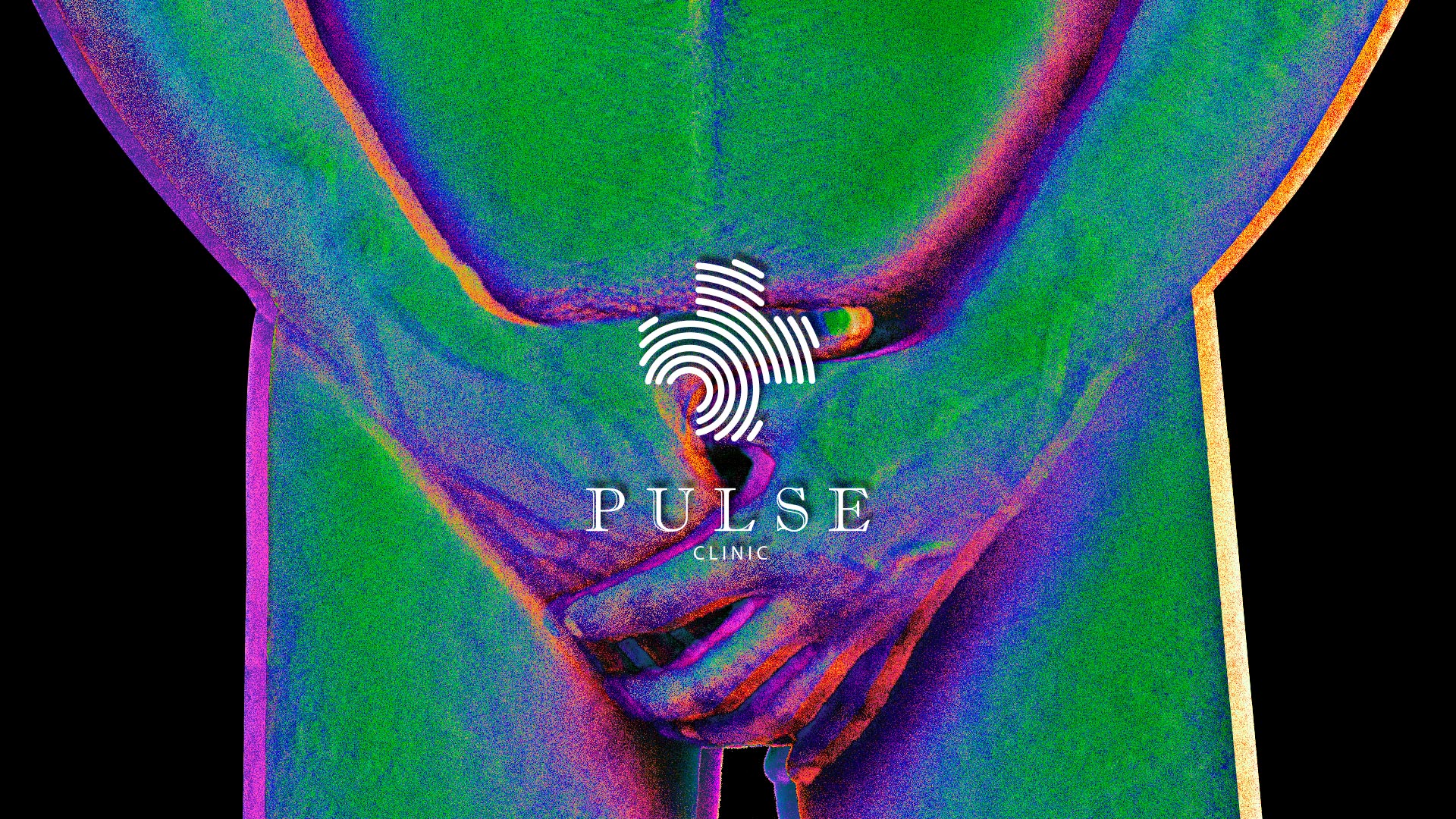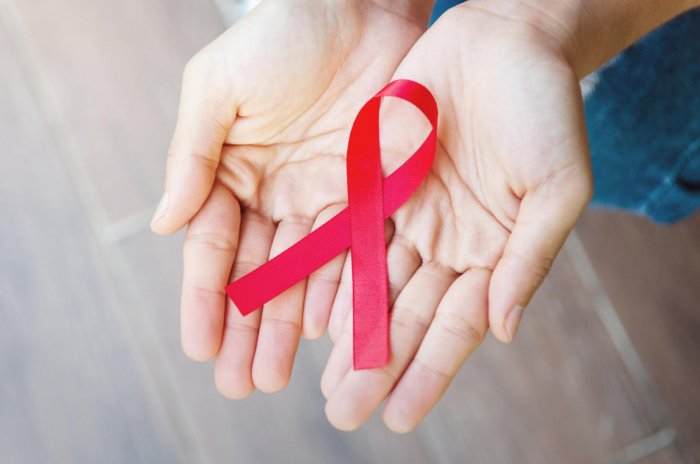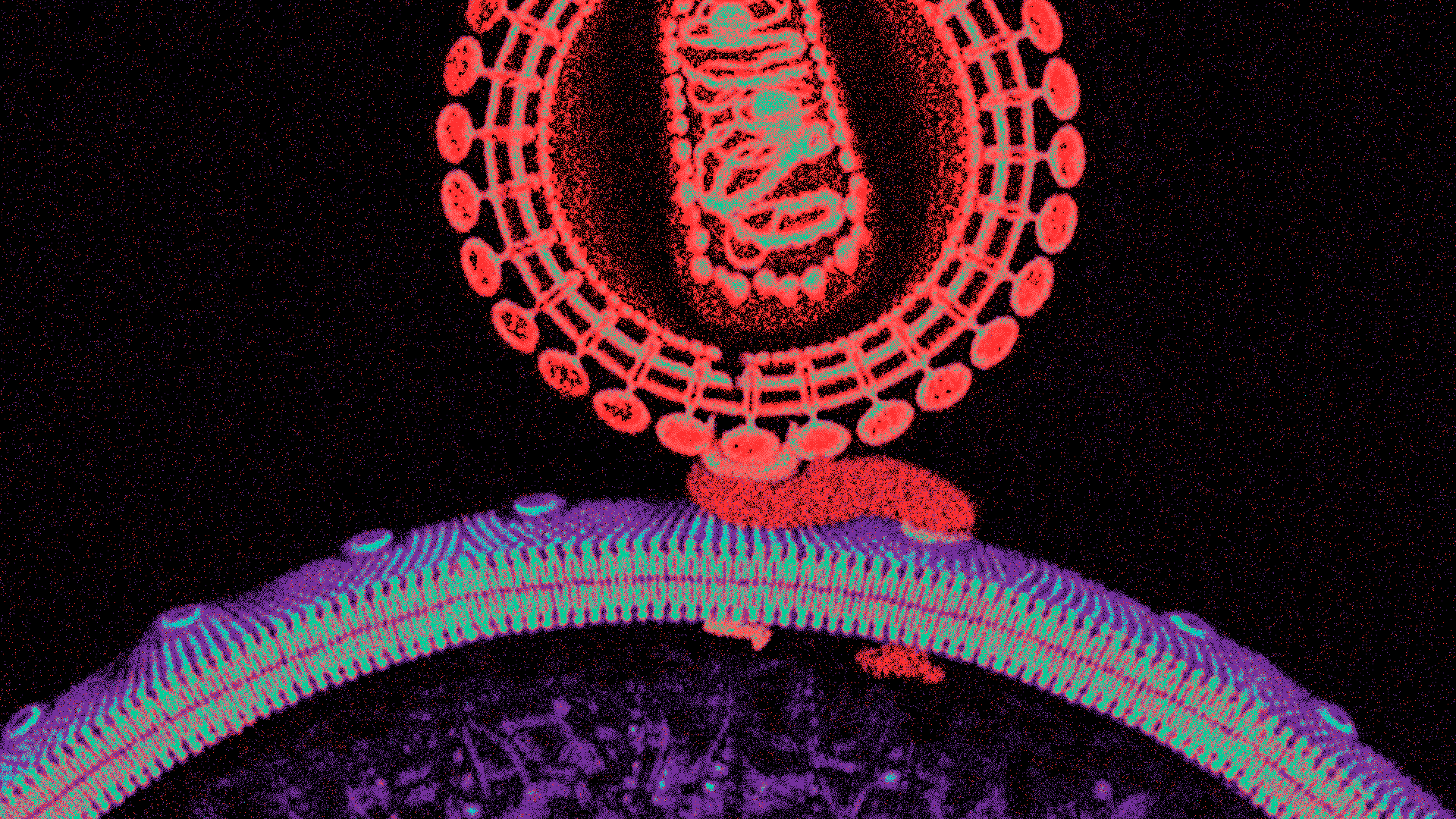Itch is the body’s way of drawing attention to an area to let you know that something is irritating that particular area of the body. This itch can occur through a variety of reasons, however when the itch happens in a more sensitive part of the body such as the vagina – including the vulva, labia, clitoris or even vaginal opening, this itch can get quite uncomfortable.
Contact us at info.bkk@pulse-clinic.com or chat on your preferred platform:
![]() +66 65 237 1936
+66 65 237 1936  @PULSEClinic
@PULSEClinic ![]() PulseClinic
PulseClinic
Causes of Vaginal Itching
Here are some of the possible causes of itchiness in the vagina and the surrounding area.
Irritants
Exposing the vagina to irritating chemicals can cause vaginal itching. These irritants may trigger an allergic reaction that creates an itchy rash over various areas of the body, including the vagina. Common chemical irritants include:
- soap
- bubble baths
- feminine sprays
- douches
- topical contraceptives
- creams
- ointments
- detergents
- fabric softeners
- scented toilet paper
If you have diabetes or urinary incontinence, your urine may also cause vaginal irritation and itching.
Skin Diseases
Some skin diseases, such as eczema and psoriasis, can cause redness and itching in the genital region. Eczema, also known as atopic dermatitis, is a rash that primarily occurs in people with asthma or allergies. The rash is reddish and itchy with a scaly texture. It may spread to the vagina in some women with eczema.
Psoriasis is a common skin condition that causes scaly, itchy, red patches to form along the scalp and joints. At times, outbreaks of these symptoms can occur in the vagina as well.
Yeast Infection
Yeast is a naturally occurring fungus that’s normally present in the vagina. It usually doesn’t cause problems, but when its growth goes unchecked, an uncomfortable infection can result.
This infection is known as a vaginal yeast infection. It’s a very common condition, affecting 3 out of 4 women at some point in their lives, according to the Mayo Clinic.
The infection often occurs after taking a course of antibiotics, as these types of medications can destroy good bacteria along with bad bacteria. Good bacteria are needed to keep yeast growth in check. The overgrowth of yeast in the vagina can result in uncomfortable symptoms, including itching, burning, and lumpy discharge.
Bacterial Vaginosis
Bacterial vaginosis (BV) is another common reason for vaginal itching. Like a vaginal yeast infection, BV is triggered by an imbalance between naturally occurring good and bad bacteria in the vagina.
The condition doesn’t always cause symptoms. When symptoms do appear, they typically include vaginal itching and an abnormal, foul-smelling discharge. The discharge may be thin and dull gray or white. In some cases, it might also be foamy.
Sexually Transmitted Diseases
Numerous STDs can be transmitted during unprotected sexual intercourse and cause itching in the vagina. These include:
- chlamydia
- genital warts
- gonorrhea
- genital herpes
- trichomoniasis
These conditions can also cause additional symptoms, including abnormal growths, green or yellow vaginal discharge, and pain while urinating.
Menopause
Women who are going through menopause or who have already done so are more at risk for vaginal itching.
This is due to the reduction of estrogen levels that occur during menopause, which leads to vaginal atrophy. This is a thinning of the mucosa that can lead to excessive dryness. The dryness can cause itching and irritation if you don’t get treatment for it.
Stress
Physical and emotional stress can cause vaginal itching and irritation, though this isn’t very common. It might occur when stress weakens your immune system, leaving you more prone to infections that cause itching.
Vulvar Cancer
In rare cases, vaginal itching may be a symptom of vulvar cancer. This is a type of cancer that develops in the vulva, which is the external part of the female’s genitals. It includes the inner and outer lips of the vagina, the clitoris, and the opening of the vagina.
Vulvar cancer may not always cause symptoms. However, when symptoms do occur, they may include itching, abnormal bleeding, or pain in the vulvar area.
Vulvar cancer can be treated successfully if your doctor diagnoses it in the early stages. This is another reason that yearly gynecologist checkups are essential.
This itch can be on its own or accompanied by burning and irritation of the skin in the genital area. Furthermore this itch can either be persistent, occurring once in a blue moon or even occurring with a specific pattern – after sex, before or after menses.
Each of these combinations can point to a different cause such as a yeast infection, bacterial vaginosis (gardnerella infection), sexually transmitted infection (STI) such as Chlamydia, Gonorrhoea, Ureaplasma, Mycoplasma, Trichomonas. Other causes of vaginal itch also include chemical irritants of the area or even menopause.
For infections these can be easily diagnosed with a DTAP Express full vaginal swab where the correct diagnosis will allow for targeted treatment. Treatments of yeast infections include table antifungals, antifungal creams and or also antifungal pessaries. Bacteria vaginosis would then require treatments such as pessaries and antibiotics. Both of these conditions can be prevented as well with the use of probiotics.
However for other non infective causes of vaginal itch there are a few more considerations which would require a discussion with our doctors at DTAP clinic and these non infective causes include Menopause or even contact with chemical irritants.
Chemical irritants can come from anything such as creams, condoms, washing detergent or soaps, scented clothes and materials that come into contact directly with the vagina and genital area. Treatment against chemical irritants include simple steroidal creams, antihistamines, and avoidance.
Last but not least vaginal itch that is caused by menopause is usually diagnosed when a woman stops her menstruation, and her hormonal estrogen levels are dipped. Again these estrogen levels can be picked up with a blood test and the treatments include estrogen vaginal creams as well.
The most important aspect of dealing with the vaginal itch is to differentiate between an infective cause vs a noninfective cause. And within the infective cause to know which type of fungal or bacterial infection this may be with a full vaginal swab test and getting the correct treatment to target the problem at its root once and for all.
When to see your doctor about vaginal itching
It’s important to see your doctor for vaginal itching if the itching is severe enough to disrupt your daily life or sleep. Although most causes aren’t serious, some treatments can decrease the discomfort of vaginal itching.
You should also contact your doctor if your vaginal itching persists for more than one week or if your itching occurs along with the following symptoms:
- ulcers or blisters on the vulva
- pain or tenderness in the genital area
- genital redness or swelling
- trouble urinating
- an unusual vaginal discharge
- discomfort during sexual intercourse
PCR Multiplex DNA Test for 28 Infections 




Our STD PCR Multiplex test offers advanced technology to detect up to 28 infections, including Gonorrhea, Chlamydia, Syphilis, Herpes Simplex, Trichomonas, and Candida strains, all in one test. It can identify infections in various anatomical areas, such as the throat, urethra, anorectal region, vagina, cervix, sperm, and skin lesions. For urethral infections, the Urine PCR is recommended, while the Throat Swab PCR is ideal after oral sex. Anal Swab PCR is advised for unprotected anal sex, and the Vaginal Swab PCR is recommended for vaginal sex, with staff guidance available for all tests.
All PULSE Clinics in Thailand provide the most comprehensive PCR Tests for 28 infections
to give you peace of mind and fast treatment
Contact us at info.bkk@pulse-clinic.com or chat on your preferred platform:
![]() +66 65 237 1936
+66 65 237 1936  @PULSEClinic
@PULSEClinic ![]() PulseClinic
PulseClinic












